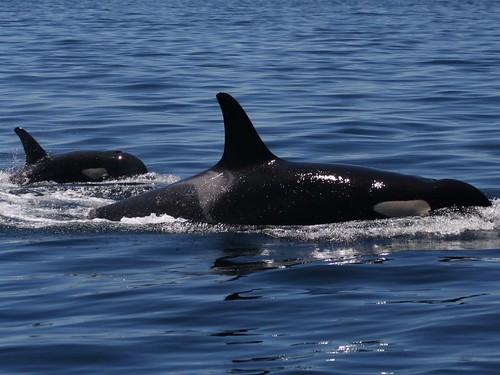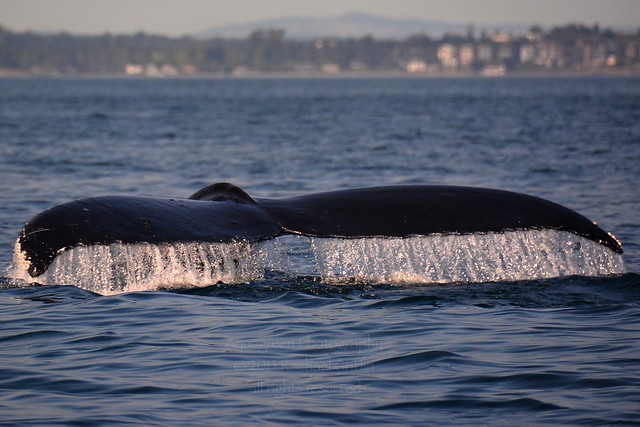Monday, June 13, 2016
Tuesday, June 07, 2016
Happy World Oceans Day!
Ocean Conservation Actions:
- Take care of the beach (clean, explore without disturbing, marine education).
- Reduce your carbon footprint to help reduce climate change (bike, take the stairs, use florescent bulbs, bundle up instead of turning up the thermostat).
- Recycle (reduce, reuse, recycle).
- Use biodegradable and organic products.
- Choose sustainable seafood and wild salmon over farmed.
- Clean up salmon streams to ensure clean and safe flowing environments.
Salmon play an important role in ocean ecosystems and sustaining forest ecology. Chinook salmon sustain 90% of the resident killer whale diet in critical habitats during the summer months (SAR 2009). Spawning salmon bring vital nutrients from the ocean into the forest. Carcasses are dispersed by bears and eagles providing trees with fertilizer (nitrogen, phosphorus, and carbon). The dying salmon feed the rivers helping the survival of young salmon. Farmed salmon do not replicate this vital role and are detrimental to wild stocks. Dangers from fish farms include disease, pollution (including contaminating shellfish), predation on young wild salmon, and escapement (Atlantic salmon compete for food and habitat with wild Pacific stocks). On top of natural dangers from predators, other human hazards to wild salmon include poor farming and forest practices, pollution, destruction of coastal wetlands and estuaries. Roots of trees anchor steep slopes, logging increases the chances of landslides filling vital spawning grounds with mud, debris, and boulders. Shade from trees can be lost from clearcuts increasing water temperatures. Other threats include overfishing, urbanization, and hydroelectric dams.
Subscribe to:
Comments (Atom)









